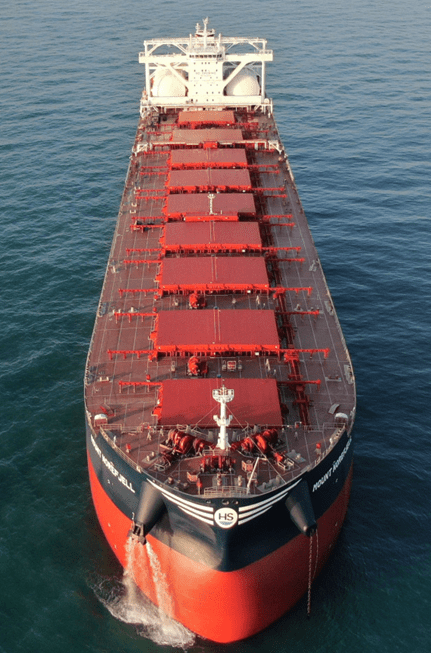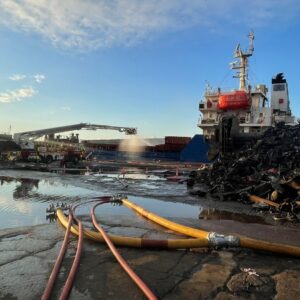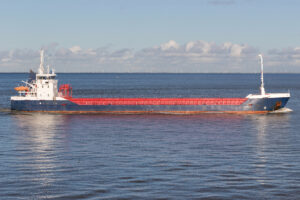Bermuda-based Himalaya Shipping, a dry bulk owner, expects to see older vessels built before 2009 to face challenges on fleet efficiency, in the next two to three years, due to the new regulations imposed.
The company´s board of directors in a market commentary said regulations will have an impact on fleet efficiency.
As far as the market and the new regulations imposed, slow steaming is seen as a likely consequence of Energy Efficiency Existing Ship Index EEXI and Carbon Intensity Indicator CII, says the shipowner in its annual report 2022.
It might be challenging for older vessels to increase speed in a strengthening market.
15% of the Capesize fleet or more than 300 vessels are built before 2009. Vessels of this vintage are not equipped with a electronically controlled main engine and could potentially face challenges already within the next two to three years, the owner points out.
Meanwhile, the dry bulk shipowner reported today in a commercial update that has achieved average time charter equivalent earnings of approximately US$23,100 per day, gross in June 2023.
The company’s three vessels trading on index-linked time charters earned approximately US$20,500 per day, gross, including average daily scrubber benefits of approximately US$1,600 per day.
Himalaya Shipping said the company’s only vessel trading on a fixed time charter earned US$30,000 per day, gross.
In addition, the Baltic 5TC Capesize Index averaged US$13,247 during June 2023.
Himalaya Shipping has four vessels in operation and eight Newcastlemax dry bulk vessels under construction at New Times Shipyard in China. The remaining newbuildings are expected to be delivered by July 2024.
The shipowner´s newbuilding program is progressing according to schedule, as the first vessel Mount Norefjell was delivered on March 2, the second vessel Mount Ita was delivered on March 9, and the third vessel Mount Etna was delivered on April 13, 2023.



